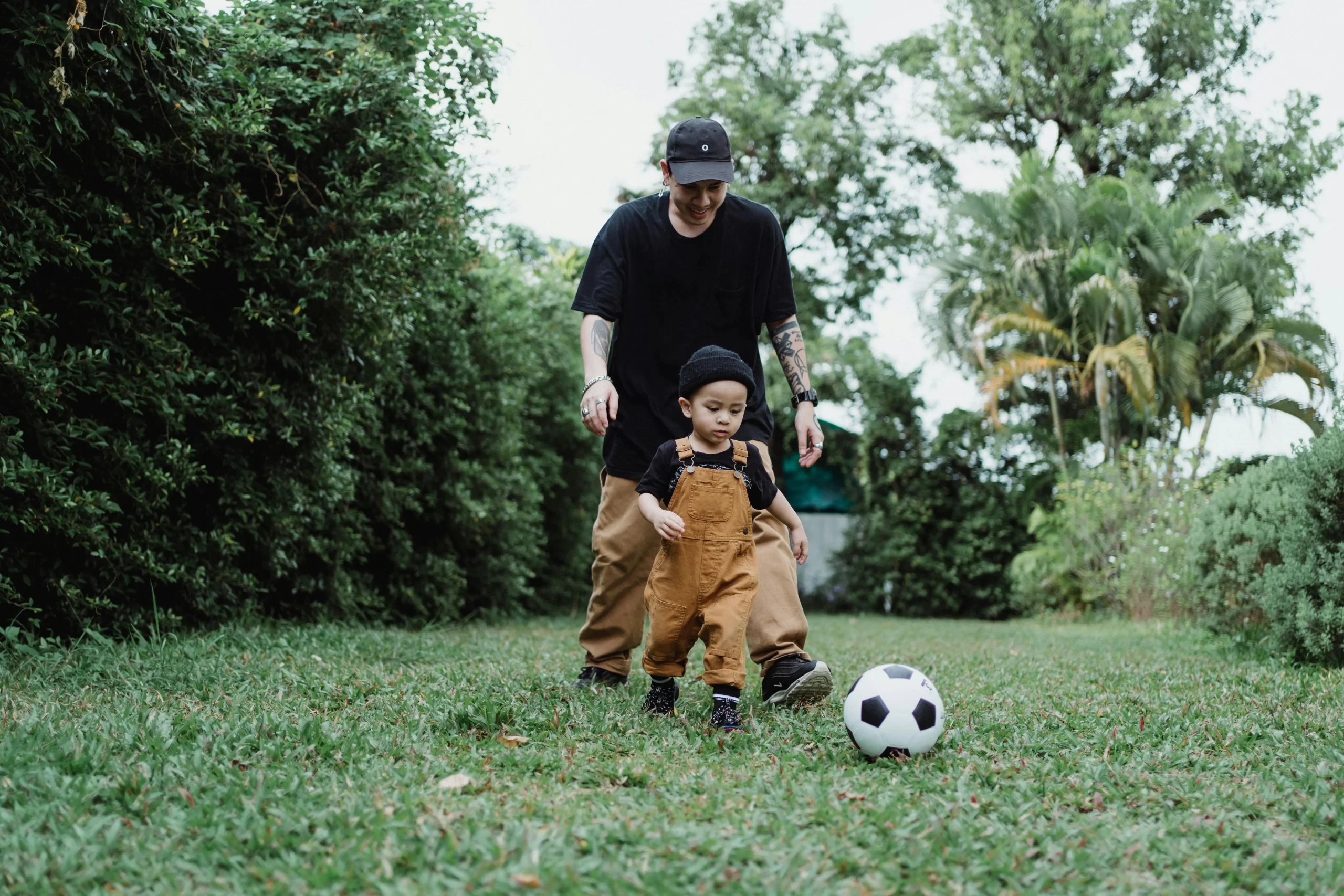Involvement in Decision-Making is Important
As a parent of an athlete, you know how crucial it is for your child to feel engaged and motivated in their sport. However, many young athletes often feel sidelined when it comes to decisions about their training, goals, and overall involvement in their sports journey. This lack of involvement can lead to feelings of resentment and disengagement, which can ultimately affect their performance and enjoyment. In this blog post, I’ll discuss why it’s essential to involve your child in decision-making and provide actionable steps you can take to empower them. Together, we can ensure your athlete feels heard and valued in their sporting endeavors.
Why Involvement Matters
When children participate in decision-making, they develop a sense of ownership over their sports experience. This ownership fosters motivation, commitment, and enthusiasm. Here are some key reasons why your involvement in decision-making is important:
- Builds Confidence: When kids make choices, they learn to trust their instincts. This confidence can translate into improved performance on the field or court.
- Encourages Responsibility: Involving your child in decisions teaches them to take responsibility for their actions and choices, which is a valuable life skill.
- Fosters Communication: Open discussions about goals and preferences encourage children to express their thoughts and feelings, strengthening your relationship with them.
- Increases Engagement: When kids feel their opinions matter, they are more likely to stay committed to their sport and pursue their goals with passion.
Steps to Involve Your Child in Decision-Making
Now that we understand the importance of involving your child in decision-making, let’s explore actionable steps you can take to facilitate this process.
1. Start with Open Conversations
Begin by creating an environment where your child feels comfortable sharing their thoughts. Ask open-ended questions about their experiences, goals, and feelings regarding their sport. For example:
- What do you enjoy most about your sport?
- Are there any specific goals you want to achieve this season?
- How do you feel about your current training schedule?
Encourage them to express themselves freely. This will help you gauge their interests and concerns.
2. Set Goals Together
Once you have a better understanding of your child’s aspirations, work together to set realistic and achievable goals. Here’s how to do it:
- Identify Short-term and Long-term Goals: Discuss what they want to achieve in the upcoming season and what they envision for the future.
- Make Goals SMART: Help them create goals that are Specific, Measurable, Achievable, Relevant, and Time-bound.
- Write Them Down: Documenting goals can provide a visual reminder and motivate your child to stay focused.
By involving them in this process, you empower them to take ownership of their journey.
3. Discuss Training Options
Talk about different training methods, schedules, and commitments. It’s essential to consider your child’s preferences and lifestyle. Here’s how to approach it:
- Explore Various Training Programs: Research different training opportunities together, whether it’s private coaching, team practices, or camps.
- Balance Sports with Other Commitments: Discuss how much time they want to dedicate to their sport while considering school, friends, and family time.
- Encourage Feedback: After trying different training options, ask your child how they feel about them. This feedback will help you make informed choices together.
4. Involve Them in Competition Decisions
Deciding which competitions or events to participate in can be daunting for young athletes. Here’s how to include them in this decision:
- Discuss Upcoming Events: Present a list of competitions and ask for their input on which ones excite them the most.
- Evaluate Their Readiness: Talk about their current skill level and whether they feel prepared to compete.
- Respect Their Choices: If they express disinterest in a particular event, listen to their reasons and consider their feelings.
This approach reinforces their agency and helps them feel more invested in their performance.
5. Encourage Reflection and Adjustment
After competitions or training sessions, encourage your child to reflect on their experiences. This can lead to valuable insights and adjustments for future decisions:
- Ask Reflective Questions: What did you learn from this experience? What would you like to improve next time?
- Set New Goals Based on Feedback: Use their reflections to adjust goals or training methods as necessary.
- Celebrate Achievements: No matter how small, celebrate their accomplishments together. This positive reinforcement will motivate them to continue striving for improvement.




